Why Building Muscle Leaves You Sore. It’s common knowledge that exercising is good for you. Most people who decide to kickstart a healthy lifestyle quote exercise as one of their top priorities. You can dissociate fitness from well-being, as regular physical activity can have positive impacts on your health. A fitness routine can help reduce the risks of cardiovascular disease, as it improves heart health. Additionally, sports help bring oxygen and nutrients to all organs, increasing and improving blood flow. Therefore, your immune health and general health conditions can improve when you hit the gym frequently.
But, more to the point, exercising is crucial to improve and protect your muscular and skeletal health, which can decline in old age. In other words, following a physical regime is beneficial for your muscles. So why do they hurt so much? Muscle soreness could be linked to different factors.
You’ve misjudged your fitness level
Nothing like an ambitious start to keep you motivated. However, overdoing it isn’t going to make you stronger or faster. On the contrary, too much exercise or too much intensity can lead to what doctors call an overuse injury. If you are new to fitness or a particular activity, you may not know how to listen to your body. It can be tricky to differentiate muscle fatigue from an injured muscle. However, pain is a definite sign that there’s something wrong. Ideally, you need to pace yourself. Don’t be afraid to take it slow and help your muscles recover with compression garments such as a knee compression sleeve. Knees, ankles, and elbows are the most common areas to develop overuse injuries.
You’re doing the same movements
Similar to an overuse injury, a repetitive stress injury can also affect new fitness doers. If you pick one kind of workout and stick to it every time, you could aggravate the risks of straining tendons. If you are not familiar with tennis elbow, this type of repetitive stress injury affects tennis players. The injury can affect your mobility, as it can be too painful to move. Compression gear, rest, and anti-inflammatory medication can help with minor injuries. Be careful not to push yourself too much.
Muscle soreness is a good thing
Soreness is the sign of a growing muscle, according to gym-goers. The truth is a little different. Exercising can cause micro-tears inside the muscle fibers. It is a natural phenomenon that supports muscle build-up and strength progress. However, muscle damage is not an indispensable trigger of muscle growth. Physical activities that don’t create microtears in the fibers can still encourage growth. In other words, muscle soreness is not always necessary. Additionally, too much muscle damage can prevent muscle growth; see what we’ve said about overdoing it. Here’s the important lesson: Some people will experience more or less muscle soreness than others, and it’s not an indicator of building stronger muscles. If you experience delayed onset muscle soreness (DOMS) after a workout, it’s a completely normal phenomenon. But don’t assume you are not making progress when DOMS decreases, as it’s likely to when your train more regularly.
Can you work out without pain? The answer is more complex than a simple yes or no. Pain indicates serious damage or an injury. On the other hand, soreness is a mild sensation that doesn’t affect your mobility or function. Being sore is also unnoticeable from the outside, while injuries can lead to swelling, bruising, etc. In short, be sure to read the signals your body is sending.






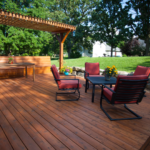

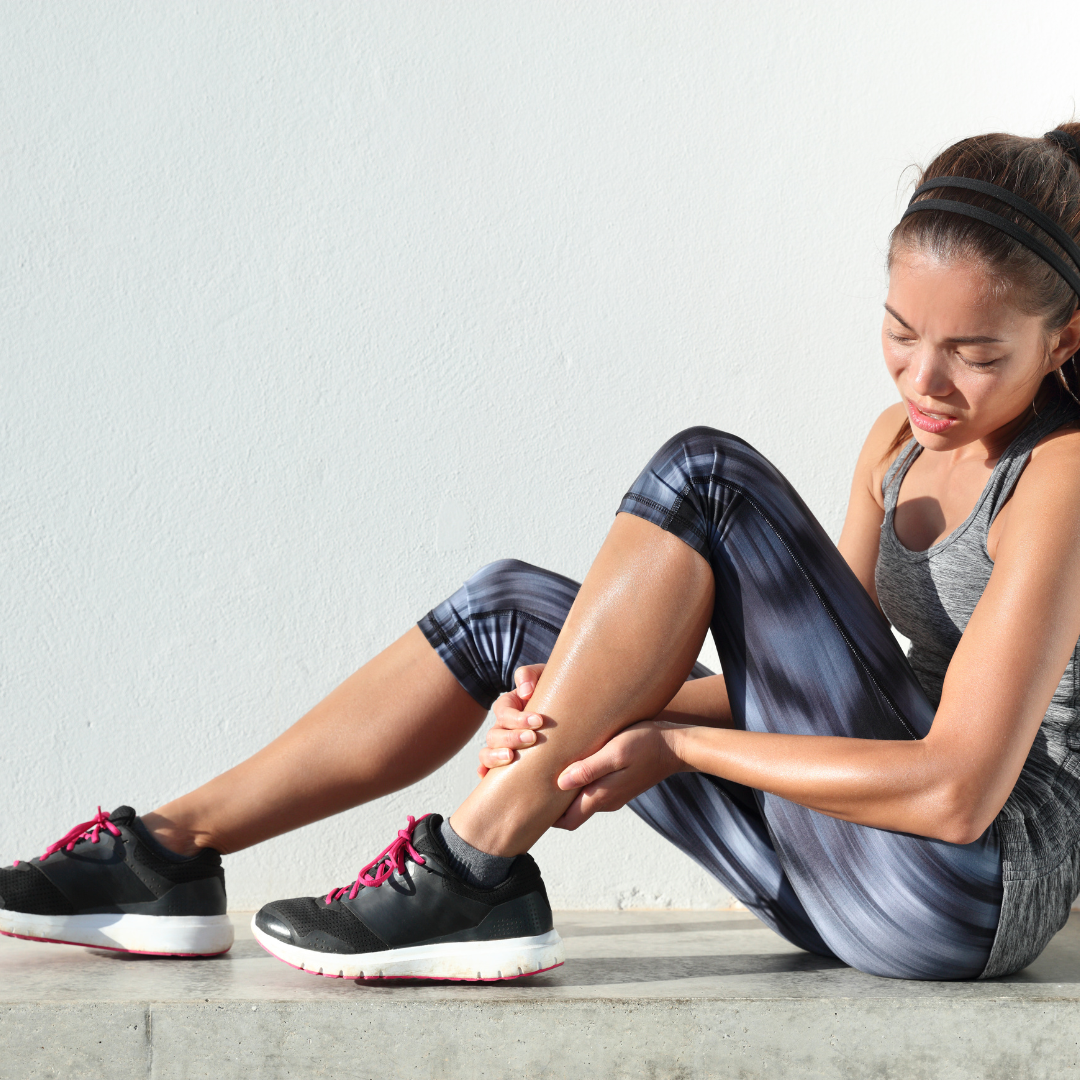

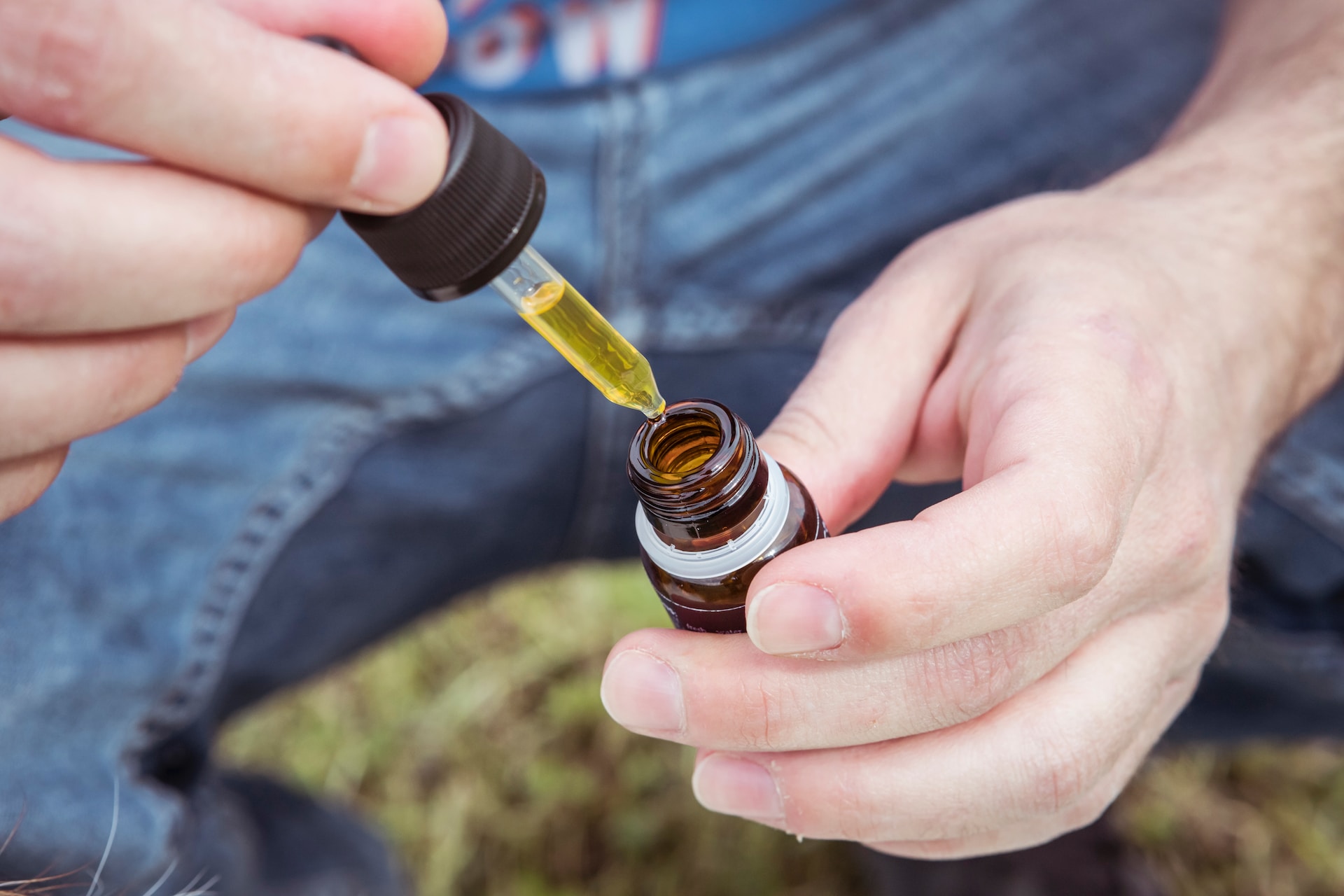
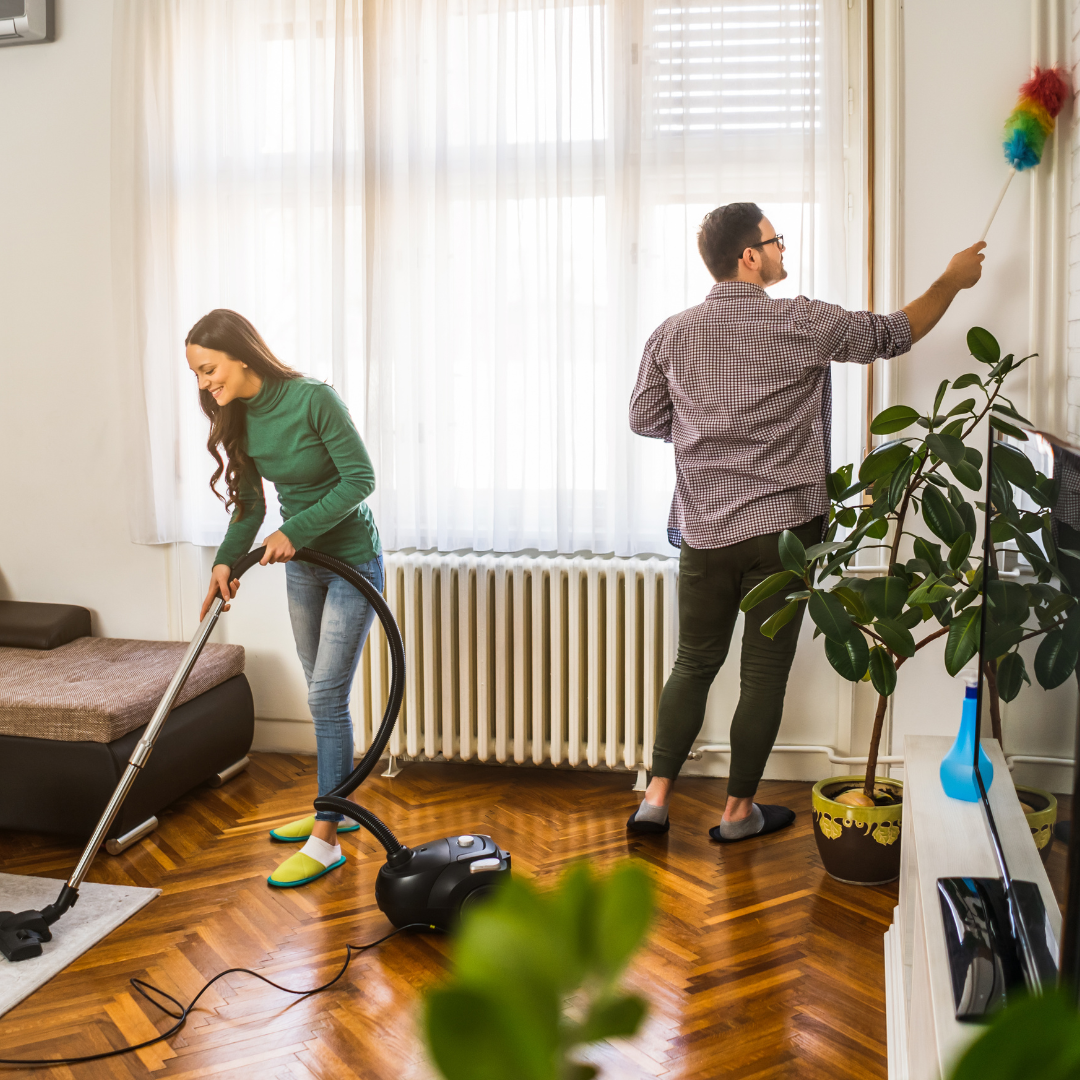
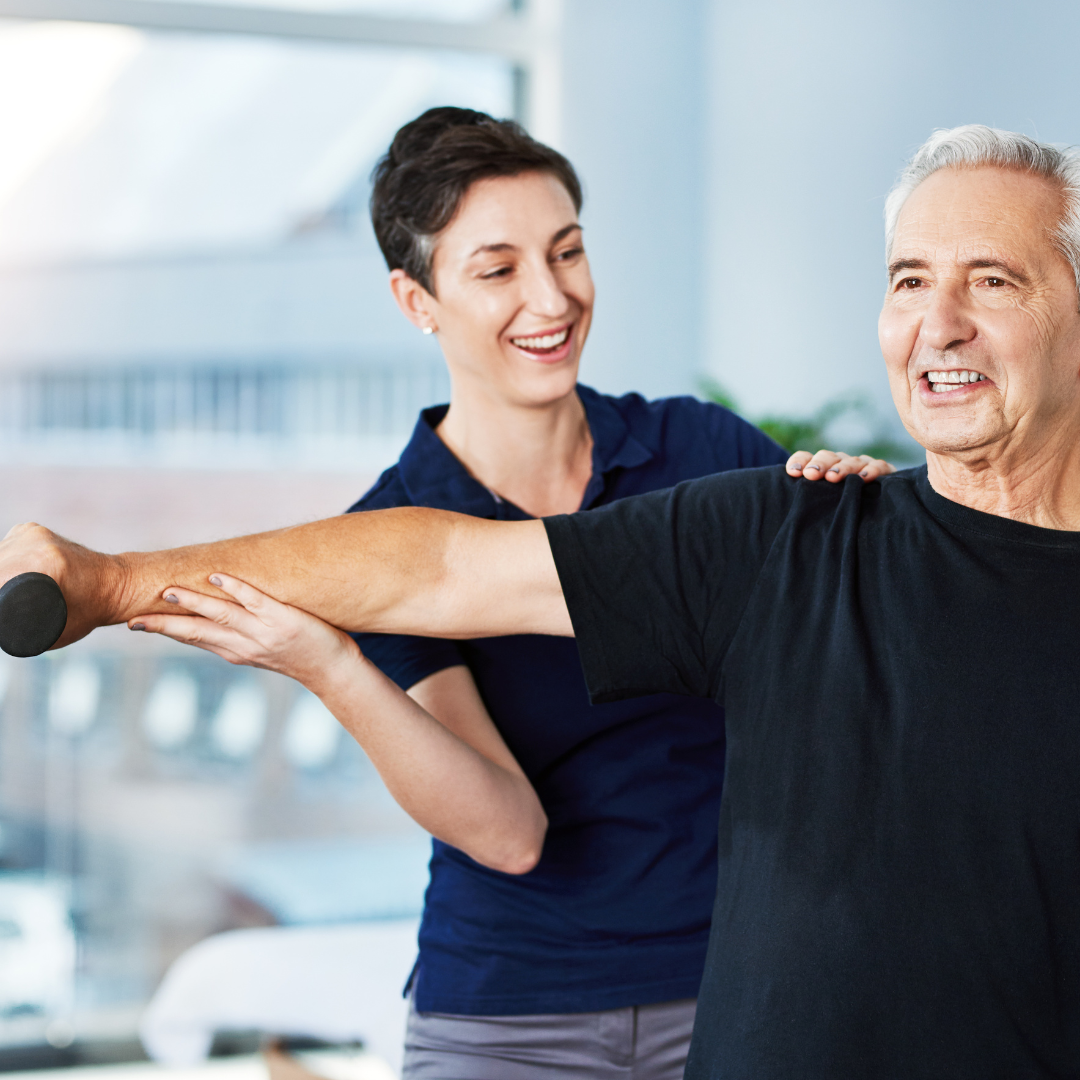
It is really interesting to read the “why” on why your muscles get sore!
I sometimes overdo my weight lifting and then I get sore. I have to remind myself to not over do it.
This is so interesting to read! I actually like the feeling of sore muscles after a workout but I’m not sure why, haha. I have overdone it before and been pretty much unable to move the next day though and I’m careful not to push myself too hard now!
I don’t like being sore, so I avoid this. I wish we could figure out a way to avoid the pain of muscle building.
I need to do more muscle building. I’m more of a cardio and yoga girl.
I enjoyed reading all of the reasons your muscles could be sore. I found your post very informative and while a knew a couple I didn’t know the others. Thank you!
Yes, I look forward to the muscle soreness, cause I know I did well!
This is such a really great and very interesting topic to read about! Thanks for sharing this with us!
Good to know the facts. My leg muscles were so sore when I first started walking on the treadmill. Nothing pain meds won’t fix though. LOL.
This is so interesting to read about i really enjoy reading this article I will share this to my friends who alwaysgo to gym.